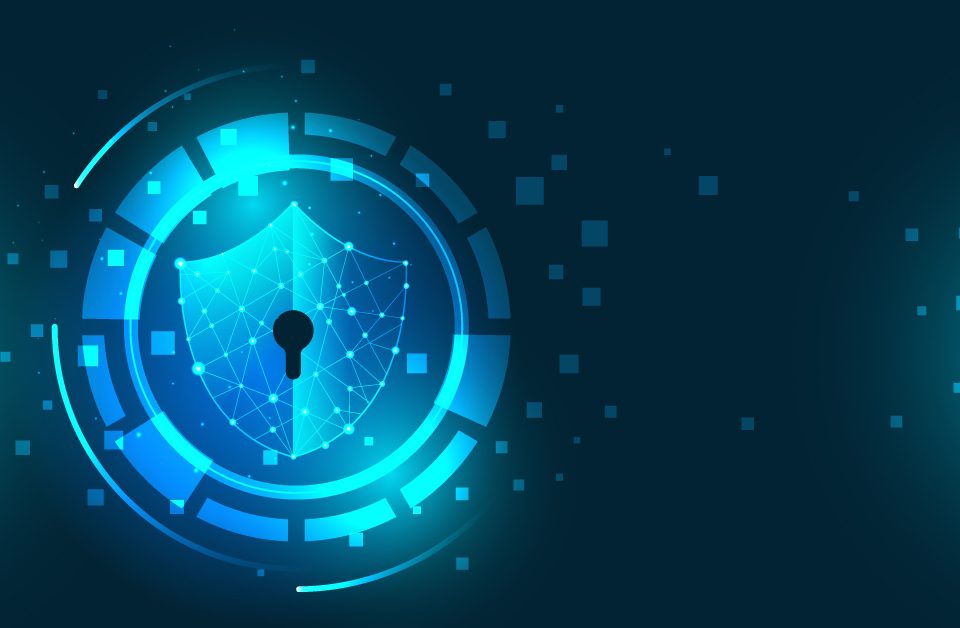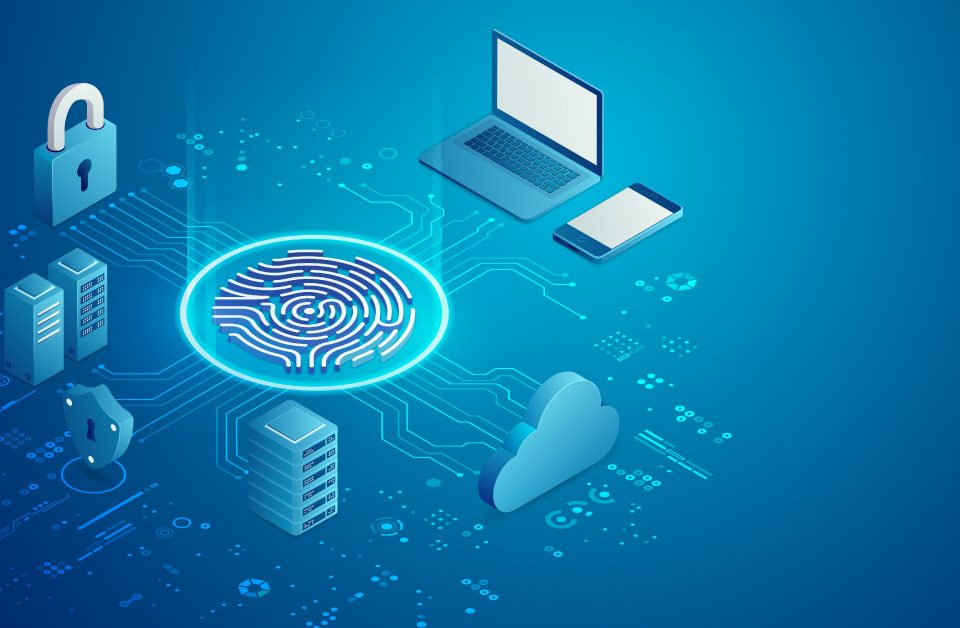Why Cybersecurity Matters More Than Ever During The Coronavirus Pandemic
We know that it’s tough times everywhere as Corona had hit hard. And at this time of tension and difficulties, another risk we face now is an increased risk of cyberattackers. This risk of cyberattackers is on the run as more and more people are dependent on the digital world. So, when facing such a crisis, we should maintain good cyber hygiene, verify sources, and should stay up-to-date on official updates. As the coronavirus pandemic continues to upset global health, economic, political, and social systems, there’s another unseen threat that is the risk of cyberattacks that prey on our increased reliance on digital tools and the uncertainty of the crisis.
What is Cybersecurity?
Cybersecurity is the method of protecting computers, servers, mobile devices, electronic systems, networks, and data from spiteful attacks. Cybersecurity is also widely known as information technology security or electronic information security. The term fits in a variety of contexts, from business to mobile computing, and can be split into a few basic categories.
Which are the types of Cyber-threats?
- Cybercrime involves single individuals or groups targeting systems for financial gain or to cause turmoil.
- Cyber-attack usually include politically motivated knowledge collection.
- Cyberterrorism is designed to threaten electronic systems to cause panic or fear.
Cybersecurity measures matter more than ever?
Cybercriminals will or might misuse the vulnerabilities in the security protections of medical facilities, homes, and factories. At the same time, some of the governments have rethought physical security with surveillance foundation to reinforce coronavirus quarantines.
- A heightened dependency on digital infrastructure boosts the cost of failure.
In a pandemic of this scale – with cases of coronavirus proclaimed in more and more countries – dependency on digital communications doubles. The Internet has almost instantly become the channel for powerful human interaction and the main way we work, contact, and support one another. Businesses and public-sector organizations are increasingly extending work from home policies, and social interactions are swiftly becoming confined to video calls, social media posts, and chat programs. Many governments are advertising information through digital means.
In today’s unusual context, a cyberattack that denies organizations or families of access to their devices, data or the internet could be disastrous and even fatal. Cyberattacks could even cause extensive infrastructure failures that take entire communities or cities offline, obstructing healthcare providers, public systems, and even networks.
- Cybercrime utilizes fear and ambiguity.
Cybercriminals exploit human weakness to penetrate systemic defenses. In a crisis, particularly if prolonged, people tend to form mistakes they might not have made otherwise. Online, making an error in terms of which link you click on or who you trust together with your data can cost you dearly.
The overwhelming majority of cyberattacks – by some estimates, 98% – deploy social engineering methods. Cybercriminals are extremely creative in devising new ways to take advantage of users and technology to access passwords, networks, and data, often capitalizing on popular topics and trends to tempt users into unsafe online behavior.
Stress can incite users to take actions that would be considered irrational in other circumstances. For example, a recent global cyberattack targeted people looking for visuals of the spread of COVID-19. The malware was hidden in a map displaying coronavirus statistics loaded from a reliable online source. Viewers were asked to download and run a malicious application that compromised the computer and allowed hackers to access stored passwords.
- More time online could lead to more hazardous behavior.
Inadvertently risky Internet behavior increases with longer spent online. Users could fall for free of charge access to obscure websites or pirated shows, opening the door to likely malware and attacks. Similarly, there might be hidden risks in requests for MasterCard information or the installation of specialized viewing applications. Always, and particularly during the pandemic, clicking on the incorrect link or expanding surfing habits are often extremely dangerous and dear.
How can we overcome these risks?
Here are some tips you might find useful to avoid the risk of being a victim to cybercriminals. The prime most importance should be given to your daily internet activities. Carelessness should be avoided, more attention should be given to all your activities, and awareness should be spread.
- Step up your cyber hygiene standards.
In addition to washing your hands after every physical contact to block the spread of COVID-19 and using a suitable alcohol-based cleaning solution on your phone, keyboard, game controllers, remote controls, and also with this take the time to review your digital hygiene habits. Check that you have a long, complicated router password for your home wifi and that system firewalls are active on your router. Ensure you’re not reusing passwords across the web, and use a strong VPN for internet access wherever feasible.
- Be extra vigilant on verification.
Be very careful when installing software and giving out any personal information. Don’t click on links from the email. When signing up for new services, check the source of every URL, and assure the programs or apps you install are the original versions from a trusted source. Digital viruses spread much like physical ones; your potential mistakes online could very well infect others in your organization, an address book, or the broader community.
- Follow official updates.
Just as you pay attention to trusted sources of data on the range and influence of COVID-19, be sure to update your system software and applications regularly to patch any vulnerabilities that may be abused. If at any stage you feel that the advice you’re being given sounds odd – whether the virus threat is offline or digital – search the Internet to see whether others have similar anxieties and look for a well-known site that can help verify the truthfulness of the information.
People will spend more time on the Internet because many of us have to do work from home to prevent the virus from growing. As disruptive as the coronavirus is to communities and administrations around the world, the initial way it influences cybersecurity is by stimulating existing trends. But given the turmoil related to the situation, organizations, especially those forced to retool operations immediately, should guarantee their cybersecurity crisis management capability is as sturdy as possible. Everyone’s behavior is instrumental in blocking the spread of hazardous infections both online and in the physical world.
NdimensionZ utilizes many techniques and exclusive software forensic applications to review the copy, exploring obscure folders and vacant disk space for copies of erased, encrypted, or damaged files.




